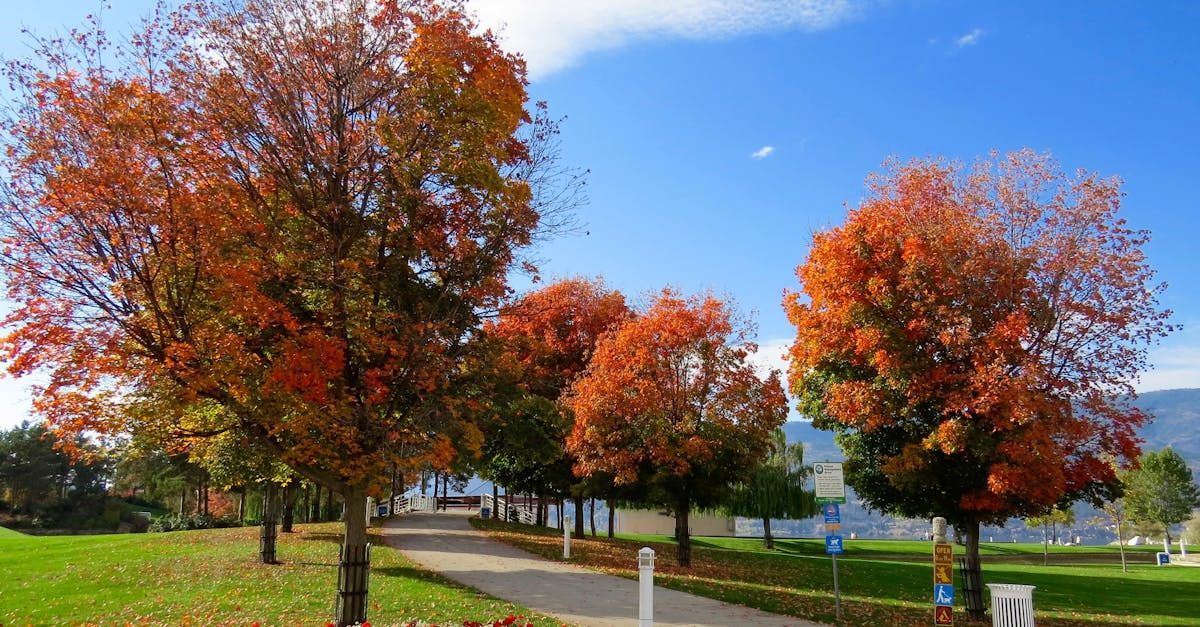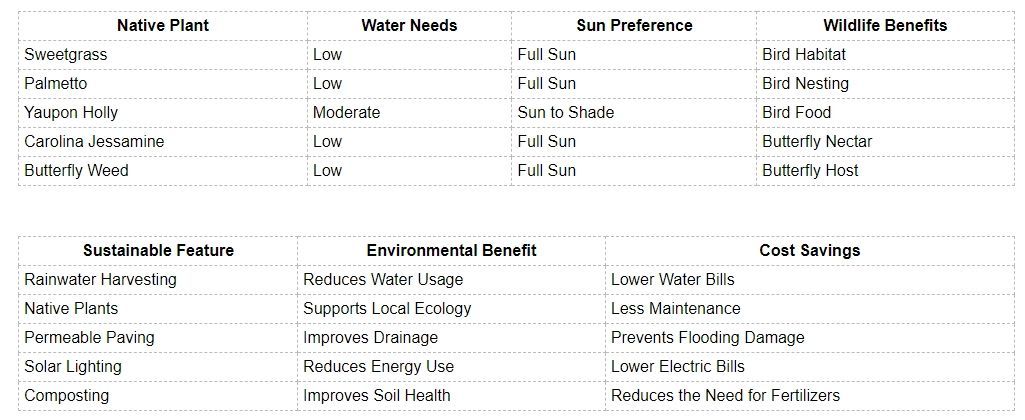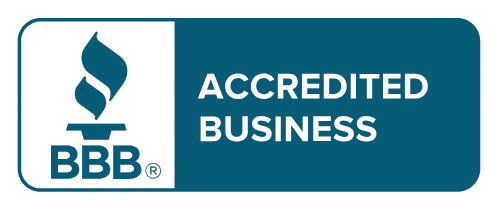Sustainable Landscaping: Charleston's Eco-Friendly Oasis
Key Takeaways:
- Native plants are essential for sustainable landscaping in Charleston
- Water conservation techniques like rainwater harvesting are crucial
- Permeable hardscaping helps manage stormwater runoff
- Composting and natural pest control reduce chemical use
- Energy-efficient outdoor lighting lowers environmental impact
- Wildlife-friendly designs support local ecosystems
Sustainable landscaping is an eco-friendly approach to outdoor design that benefits both homeowners and the environment in Charleston, South Carolina. This method focuses on using local resources, conserving water, and supporting native wildlife while creating beautiful, low-maintenance outdoor spaces.
Understanding Sustainable Landscaping in Charleston
Sustainable landscaping in Charleston means creating outdoor spaces that work with the local climate and ecosystem. It's about making smart choices that look good and help the environment. This approach saves water, reduces pollution, and supports local wildlife.
In Charleston's hot, humid climate, sustainable landscaping is especially important. It can help homeowners deal with heavy rains, hot summers, and the occasional drought. By choosing the right plants and design elements, you can create a yard that thrives in Charleston's unique conditions.
The Benefits of Going Green
When you choose sustainable landscaping, you're doing more than just making your yard look nice. You're also helping the environment and saving money. Here are some of the main benefits:
- Lower water bills: By using plants that don't need much water, you'll spend less on irrigation.
- Reduced maintenance: Native plants often need less care, saving you time and money on upkeep.
- Improved local ecology: Your yard can become a haven for local birds, butterflies, and other wildlife.
- Better stormwater management: Sustainable landscapes can help prevent flooding and erosion.
- Increased property value: A well-designed, eco-friendly landscape can make your home more attractive to buyers.
Choosing Native Plants for Your Charleston Yard
One of the most important parts of sustainable landscaping in Charleston is using native plants. These are plants that have grown in the area for thousands of years. They're used to the local climate and soil, so they need less water and care than non-native plants.
Popular Native Plants for Charleston Gardens
Here are some native plants that do well in Charleston:
- Sweetgrass: This iconic Charleston plant is perfect for coastal areas.
- Palmetto: The state tree of South Carolina, it's tough and salt-tolerant.
- Yaupon Holly: An evergreen shrub that produces berries for birds.
- Carolina Jessamine: A fragrant yellow-flowering vine.
- Butterfly Weed: Attracts butterflies and adds bright orange color to gardens.
These plants not only look great but also support local wildlife and need less water than many non-native options.
Water Conservation Techniques for Charleston Landscapes
Water is a precious resource, and using it wisely is key to sustainable landscaping. In Charleston, where summers can be hot and dry, conserving water is especially important.
Rainwater Harvesting: A Sustainable Solution
Rainwater harvesting is a great way to save water in Charleston. It involves collecting and storing rainwater for later use in your garden. Here's how you can set up a basic rainwater harvesting system:
- Install rain gutters on your roof if you don't already have them.
- Connect the gutters to a downspout that leads to a rain barrel or cistern.
- Use a screen to keep debris out of your collection system.
- Install a spigot on your rain barrel for easy access to the collected water.
With this system, you can use rainwater to water your plants during dry spells, reducing your reliance on municipal water supplies.
Efficient Irrigation Methods
When you do need to water your plants, it's important to do it efficiently. Drip irrigation and soaker hoses are good options because they deliver water directly to the plant roots, reducing waste from evaporation.
Permeable Hardscaping for Stormwater Management
Hardscaping refers to the non-plant elements in your landscape, like patios, walkways, and driveways. In sustainable landscaping, it's important to use permeable materials for these features. Permeable hardscaping allows water to soak into the ground instead of running off into storm drains.
Types of Permeable Hardscaping
There are several options for permeable hardscaping in Charleston:
- Permeable pavers: These look like regular pavers but have spaces between them that allow water to drain through.
- Gravel: A classic choice that's both attractive and excellent for drainage.
- Porous concrete: This special type of concrete allows water to pass through it.
Using these materials can help prevent flooding and erosion in your yard during Charleston's heavy rainstorms.

Natural Pest Control and Soil Management
Sustainable landscaping means avoiding harmful chemicals. Instead, you can use natural methods to control pests and improve your soil.
Companion Planting for Pest Control
Companion planting is a technique where you grow certain plants together to deter pests. For example, marigolds can help keep pests away from vegetables, while basil can protect tomato plants. This method reduces the need for chemical pesticides.
Composting: Turning Waste into Garden Gold
Composting is a great way to improve your soil naturally. It involves breaking down organic matter like leaves, grass clippings, and food scraps into rich, nutrient-dense soil. Here's a simple way to start composting:
- Choose a spot in your yard for your compost pile.
- Alternate layers of "green" materials (like grass clippings and food scraps) with "brown" materials (like dry leaves and newspaper).
- Keep the pile moist and turn it occasionally.
- In a few months, you'll have rich compost to use in your garden.
Composting not only improves your soil but also reduces waste that would otherwise end up in landfills.
Energy-Efficient Outdoor Lighting
Good lighting can make your outdoor space more usable and attractive, but it's important to choose energy-efficient options. Solar-powered lights are a great choice for sustainable landscaping in Charleston. They use the sun's energy to charge during the day and light up your yard at night, without adding to your electric bill.
Types of Solar Lighting for Your Yard
There are many types of solar lights available:
- Path lights to illuminate walkways
- Spotlights to highlight trees or architectural features
- String lights for a festive atmosphere
- Security lights with motion sensors
These lights are easy to install and maintain, making them a practical choice for sustainable landscapes.
Creating Wildlife-Friendly Spaces
A truly sustainable landscape supports local wildlife. In Charleston, you can create spaces that attract birds, butterflies, and beneficial insects.
Features of a Wildlife-Friendly Yard
To make your yard more wildlife-friendly, consider adding these elements:
- A water source, like a birdbath or small pond
- Native plants that provide food and shelter
- A variety of plant heights create different habitats
- Areas of unmowed grass or wildflowers
- Brush piles or rock piles for small animals to hide in
By creating these habitats, you're not only helping local wildlife but also adding interest and beauty to your yard.
Sustainable Lawn Alternatives
While a traditional grass lawn is common, it's not the most sustainable option for Charleston. Lawns require a lot of water and maintenance. Consider these alternatives:
- Clover: Low-growing and drought-resistant, clovers stay green with little care.
- Mondo grass: This grass-like plant is a type of lily and needs little mowing.
- Creeping thyme: A fragrant ground cover that can handle some foot traffic.
These alternatives can create a lush, green look with less water and maintenance than traditional grass.
Planning Your Sustainable Landscape
Creating a sustainable landscape takes planning. Here are some steps to get you started:
Assess your current yard: Note sunny and shady areas, soil types, and drainage patterns.
Set your goals: Decide what you want from your landscape (e.g., a place to relax, an area for kids to play, a productive vegetable garden).
- Choose your plants: Select native plants that fit your goals and your yard's conditions.
- Plan your hardscaping: Decide where you need paths, patios, or other features, and choose permeable materials.
- Consider water management: Plan for rainwater harvesting and efficient irrigation.
- Think about wildlife: Include features that will attract and support local fauna.
- Maintenance plan: Choose designs and plants that fit your lifestyle and maintenance preferences.
Remember, you don't have to do everything at once. You can implement your sustainable landscape plan over time.
Maintaining Your Sustainable Landscape
Once you've created your sustainable landscape, it's important to maintain it properly. Here are some tips:
- Water deeply but infrequently to encourage deep-root growth
- Use mulch to retain soil moisture and suppress weeds
- Prune plants as needed to maintain their health and shape
- Monitor for pests and use natural control methods when necessary
- Continue composting to provide nutrients for your plants
- Adjust your plan as needed based on how plants perform in your yard
With proper maintenance, your sustainable landscape will thrive and become more beautiful over time.

Conclusion
Sustainable landscaping in Charleston is about creating beautiful outdoor spaces that work with nature, not against it. By using native plants, conserving water, managing stormwater, and supporting wildlife, you can have a yard that's both attractive and environmentally friendly.
It may take some planning and effort, but the results are worth it: a low-maintenance landscape that saves you money, supports local ecosystems and looks great year-round. Whether you're starting from scratch or making changes to an existing yard, every step towards sustainability makes a difference for your home and the Charleston environment. For more information, you can visit our website or contact us.






